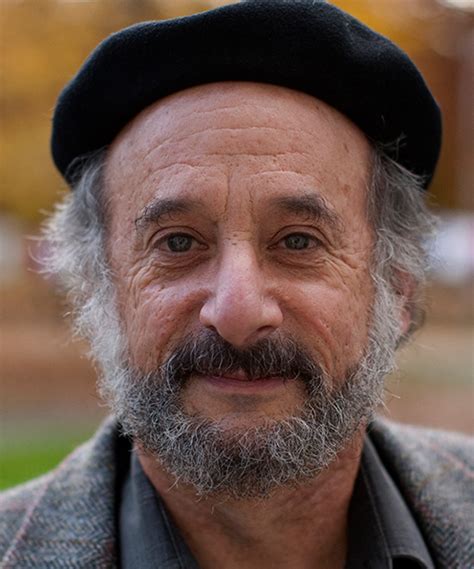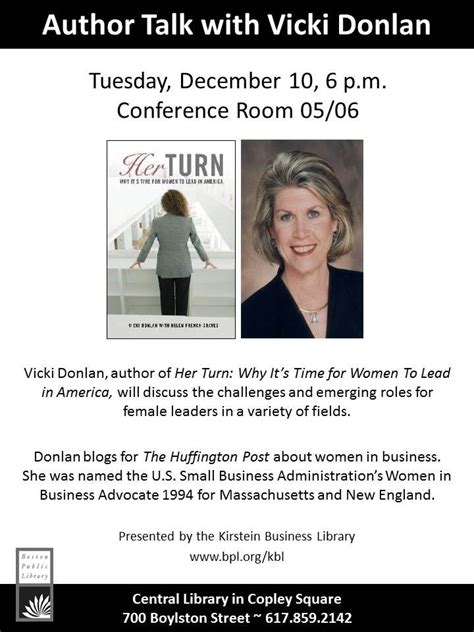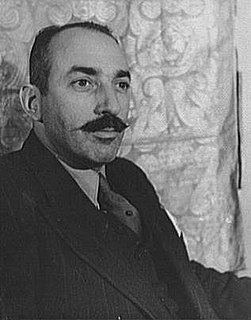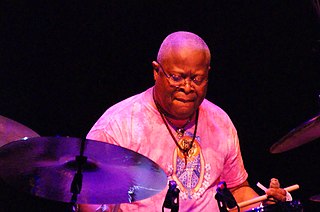A Quote by Steve Harvey
I know how men think when they're not responding to questions in a clinical study.
Quote Topics
Related Quotes
Study hard. Understand not only the questions, but the questioner. Know how best to articulate the answers, but do it with humility, because ultimately the answer is in a person, the person of Christ, not in an argument. So, do your work and know how to present the answer, but do it with gentleness and meekness.
The 21st century - and the atheists - needs the presence of religion, just as religion must deal with the real challenges and the thinkers of the day in order to sharpen the conscience and the intelligence of those who study the timeless sacred texts in a spirit of responding to the questions of their time.
So when I say that I think we would have a different ethical level, particularly in corporate America, if there were more women involved, I mean that what women are best at is asking questions. Women ask questions over and over again. It drives men nuts. Women tend to ask the detailed questions; they want to know the answers.
Everything we know has its origin in questions. Questions, we might say, are the principal intellectual instruments available to human beings. Then how is it possible that no more than one in one hundred students has ever been exposed to an extended and systematic study of the art and science of question-asking? How come Alan Bloom did not mention this, or E. D. Hirsh, Jr., or so many others who have written books on how to improve our schools? Did they simply fail to notice that the principal intellectual instrument available to human beings is not examined in school?
Science is an intellectual journey, and to me, it's not the destination, it's the journeyto get there. It's a way of thinking and it's an intellectual curiosity, a desire to know how the world works, and to know what the fundamental principles of the world are, and to know our place in it. I think once we stop asking questions like "what is the age of the universe," or "how are the instructions of DNA carried out on a microscopic level," once we stop asking questions like that, we're dead.
I won't call my work entertainment. It's exploring. It's asking questions of people, constantly. 'How much do you feel? How much do you know? Are you aware of this? Can you cope with this?' A good movie will ask you questions you don't already know the answers to. Why would I want to make a film about something I already understand?




































